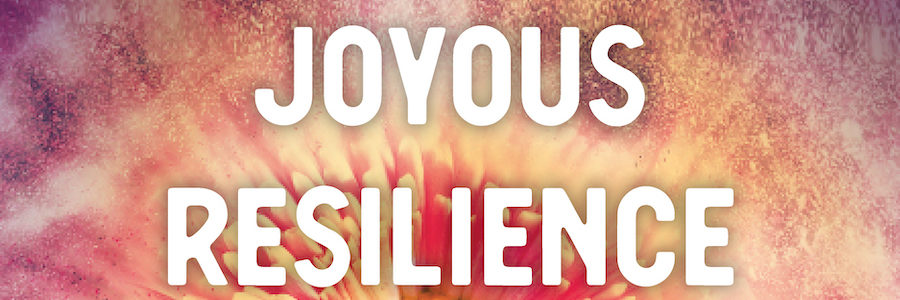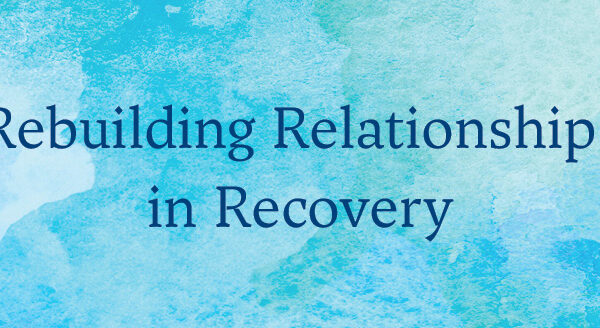
Letter from the Publisher: Joyous Resilience
Categories: General Health & Healing New Release Psychology & Personal Growth Society & Politics Letter from the Publisher
Working with Anjuli Sherin on Joyous Resilience made us a better publisher.
From a developmental-editing perspective, we learned to listen more deeply. It’s a misperception that editors achieve excellence by being standard bearers. They need to be rigorous and know the best practices of their craft, for sure, but they also need to be fiercely curious about the timbre of the author’s voice, especially if it is one very different from their own. If not, their editing will be limited by normative assumptions of how to tell a story, how to reach the reader, and what “correct” sounds like.
All sorts of invisibilizing and overreaching editorial practices have been committed in the name of “readability”—one fiction writer I know once described the industry’s typical editing process as “having my cherry tree stripped of its blossoms.” The textbooks tell editors to kill writers’ “darlings,” whether that’s a word, an organizing principle, a paragraph, or a chapter; what if the so-called “rules” of editing and the assumption that they must be unilaterally wielded were actually the darlings that needed to go? The lush art of receptive editing is not only possible, it is necessary.
Anjuli made clear up front that she expected this. She did not want her book to be treated like an object that could be assembled; she welcomed our tools but wanted us to listen to the is-ness of her words and collaborate with her in setting them free. No words put in her mouth. No “throwing the book” at her. We could choose to be in power with Anjuli or fall back on the tired power over, which, regrettably, is rife in publishing and all industries in this country.
And so we listened. And we helped shape. It was an experiment in transparency and trust. And a powerful and striking draft was born.
More lessons awaited us. As the draft moved through copyediting, Anjuli noticed occasions where the external copyeditor’s suggested changes impacted her voice. (Why did “heavy history” need to be altered to “dark history” for instance?) She observed a distinct pattern where this happened and when she felt it, and so she, as a woman of color, asked if we could find a copyeditor who was more representative of her voice and the intersections she holds. We were not able to accommodate her request, because our roster of external copyeditors at the time was simply not diverse. In our racial-justice work as an organization over the preceding two years, we had identified the many places where our organization manifested white supremacy, and we had begun to address some but not all of them. They are all important, but this one was glaring in the way we had missed it, both in how we built up the roster in the first place and in the fact we were slow to redress it.
Anjuli’s fair question and justifiable need necessitated that we address the larger problem; since then we have diversified our pool of freelance copyeditors (and proofreaders) and are in the process of creating a scholarship for BIPOC students to attend a well-known copyediting certificate course in our area. We also brought to light with our team how systemic racism can manifest in the choice points of copyediting, from spelling to sentence structure to punctuation. The comma can be a cudgel.
And so our work continues.
As I hold Joyous Resilience in my hands now, I am astounded by its beauty and significance. Anjuli generously lays out a path of liberation and a set of tools beyond the limits of mainstream wellness culture. Her book is both a cultural critique and an encouraging exhortation for anyone seeking personal transformation; by simultaneously holding the universal human experience and the wounds that disproportionately land on people of specific identities, she offers a vision of resilience that is historically grounded, inclusive, and attainable. Joyous resilience is not easy; for us, it demanded that we work at our growing edges, acknowledge our shortcomings, listen deeply, and recommit to dismantling deeply entrenched patterns. Fortunately for us, we had an exceptional guide. May many readers benefit from this powerful medicine.
—Tim McKee, publisher of North Atlantic Books




